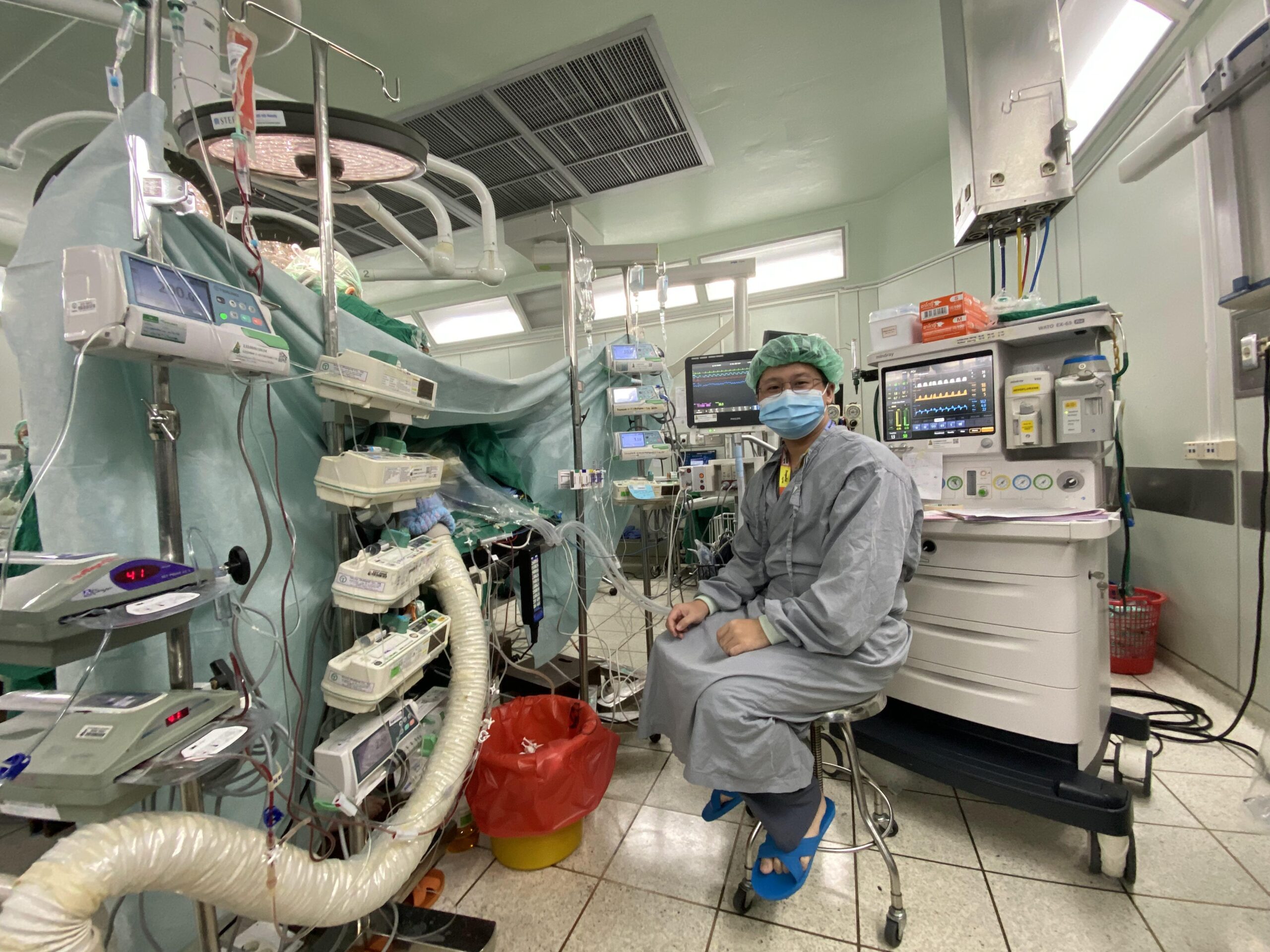Dr Tun Tun Hlaing shows us what it’s like to train on the Bangkok Anaesthesia Regional Training Center (BARTC) fellowship programme
WFSA: Hello, can you introduce yourself?
Dr Hlaing: I’m Tun Tun Hlaing – back in my country, I’m an anesthesiologist at the Yangon General Hospital in Myanmar, where I’m responsible for the daily management of operating rooms, case by case. I also guide and teach junior residents in group learning as a team leader.
Currently, I’m a 2023 General Anaesthesia fellow on the Bangkok Anesthesia Regional Training Center (BARTC) program, sponsored by the World Federation of Societies of Anesthesiologists (WFSA).
[The BARTC programme is a community of anaesthesiologists across Asian countries that work together to improve anaesthesia education and practice. A BARTC fellow works in 3 university hospitals around Bangkok – Siriraj Hospital, King Chulalongkorn Memorial Hospital and Ramathibodi Hospital]
WFSA: What drew you to this career path?
Dr Hlaing: Just as a pilot has an important role in safe air travel, an anesthesiologist plays an equally important role in the operating room. There is a lot of responsibility; in order to provide a safe anesthetic, an anesthesiologist must ensure a smooth induction, maintenance and recovery when administering general anesthesia.
We are also in charge of emergency resuscitation, airway management, acute postoperative pain management, and the care of critically ill patients in the ICU. This is why I’m passionate about this amazing career.
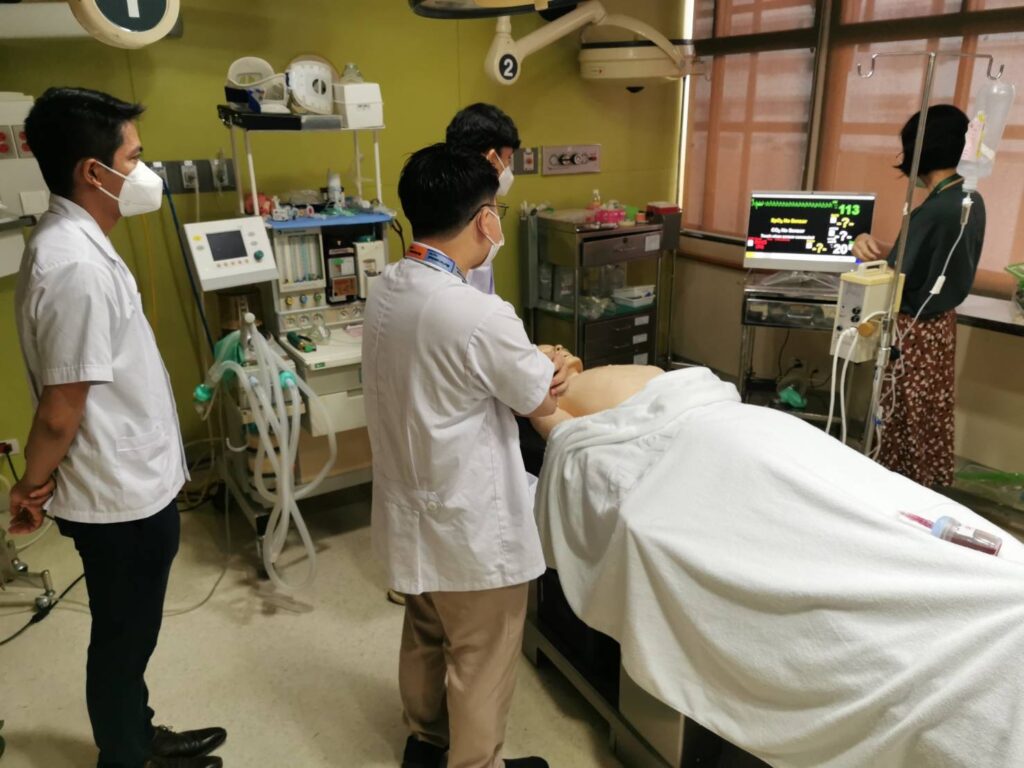
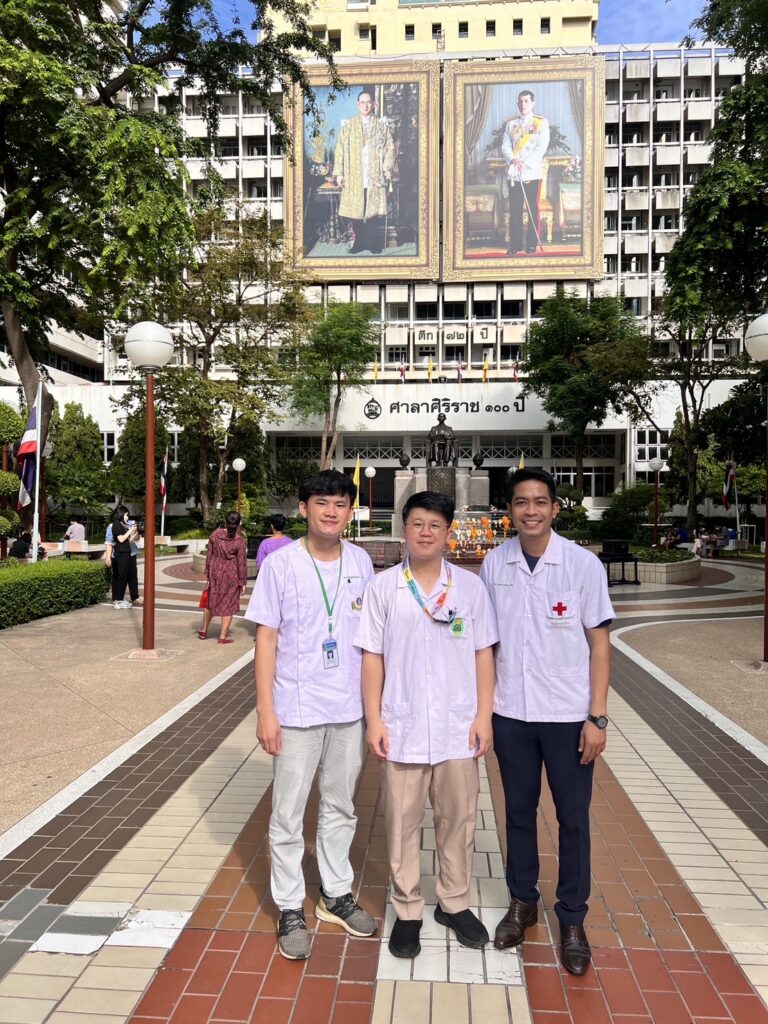
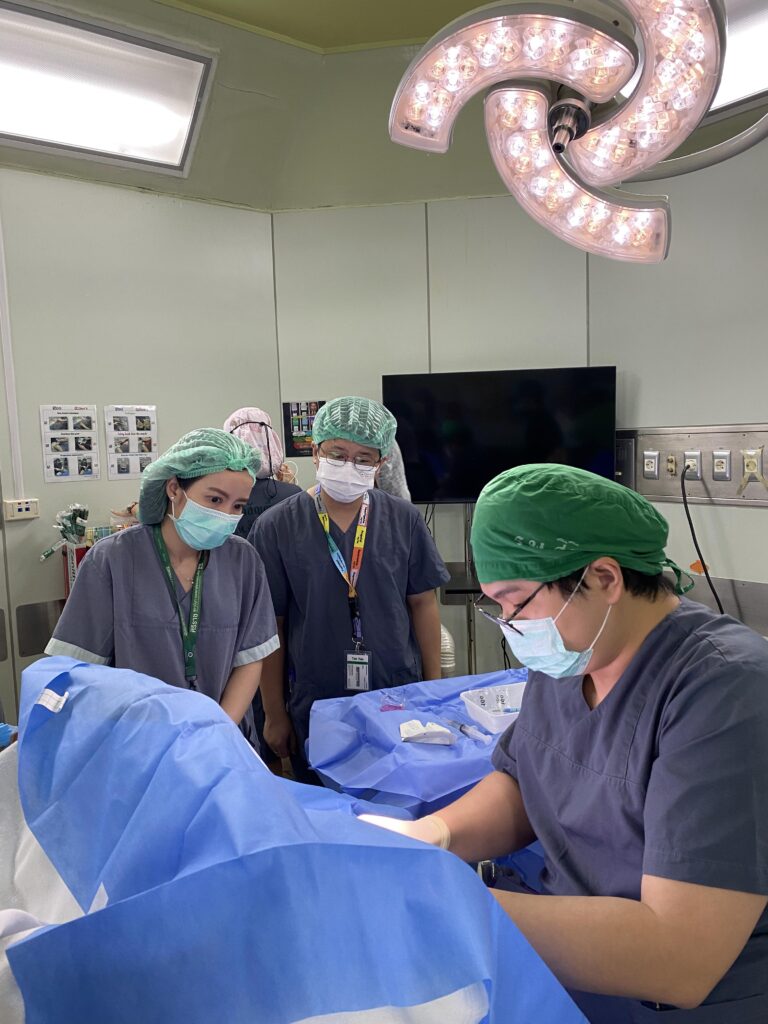
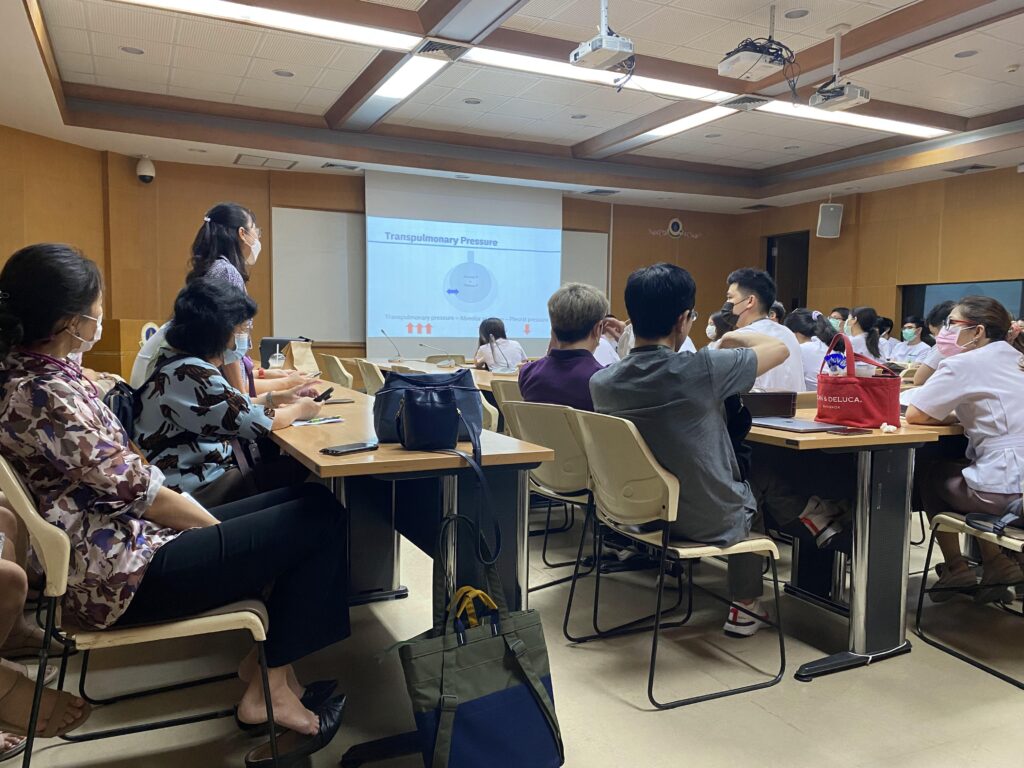
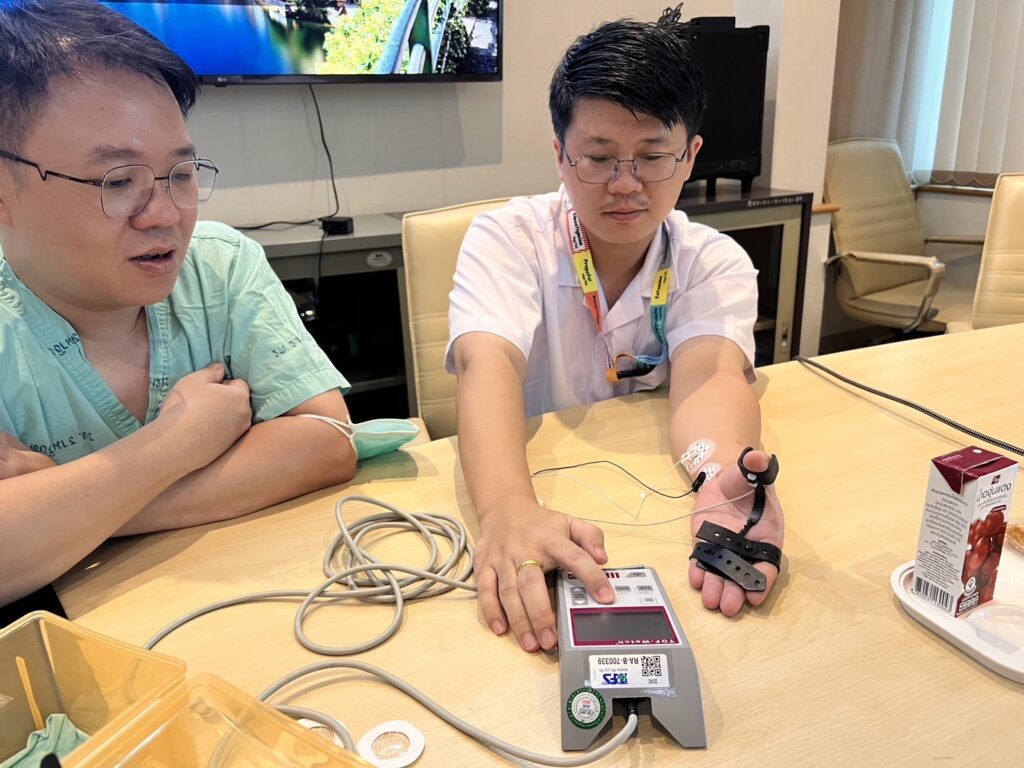
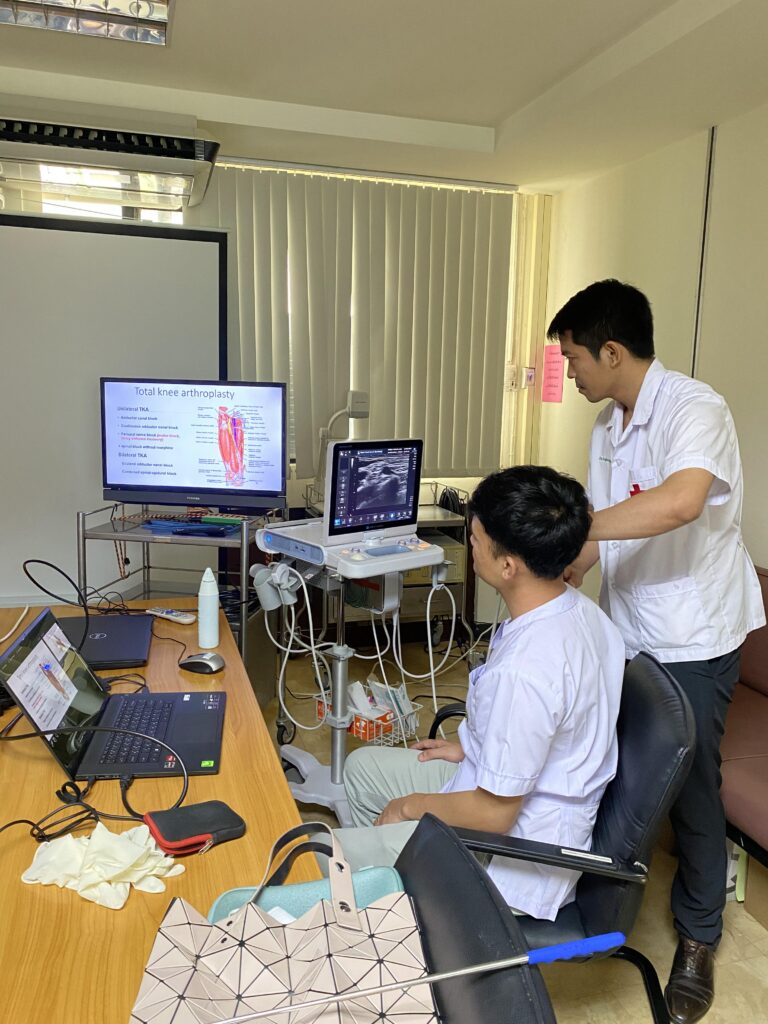
WFSA: Why did you apply to the fellowship?
Dr Hlaing: During my residency training in Myanmar, my seniors were alumni of the BARTC program. They shared their insights and experiences and I was inspired by how they treated patients with kindness. I was motivated to be part of this programme so I could explore new challenges and experiences and, as my seniors influenced me, help influence the younger generation of anaesthesiologists back in Myanmar.
Thailand has a good and advanced health system. The hospitals here can manage complex and advanced operations effectively, just like other developed countries. Through my fellowship, I hope to gain experience from these operations and learn how to use modernized monitors and machines that I rarely have the opportunity to use in my country.
Additionally, as a Shan ethnic who is closely related to Thai people by blood, I have always wanted to explore our common and similar cultures, such as tradition, language, and food.
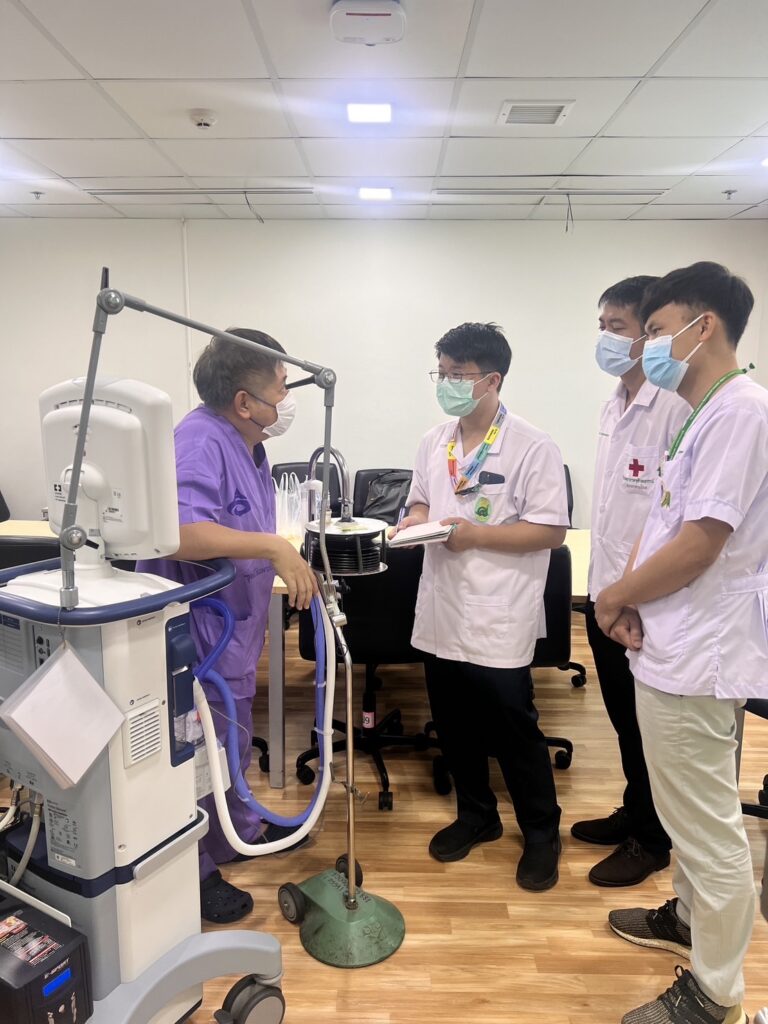
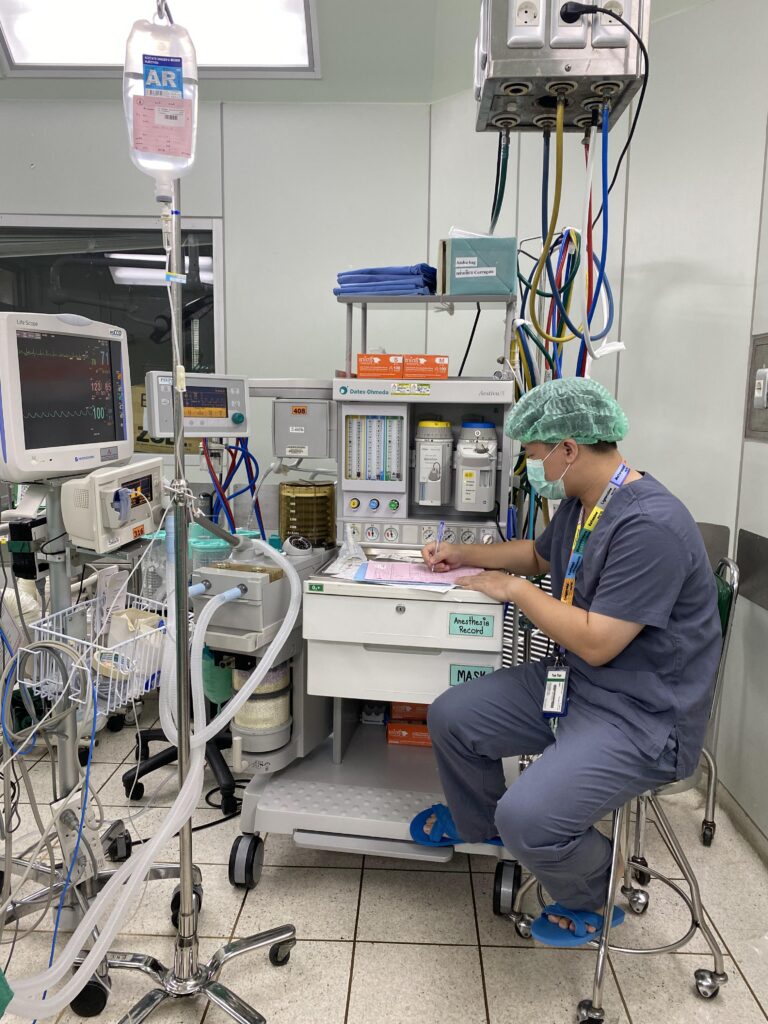
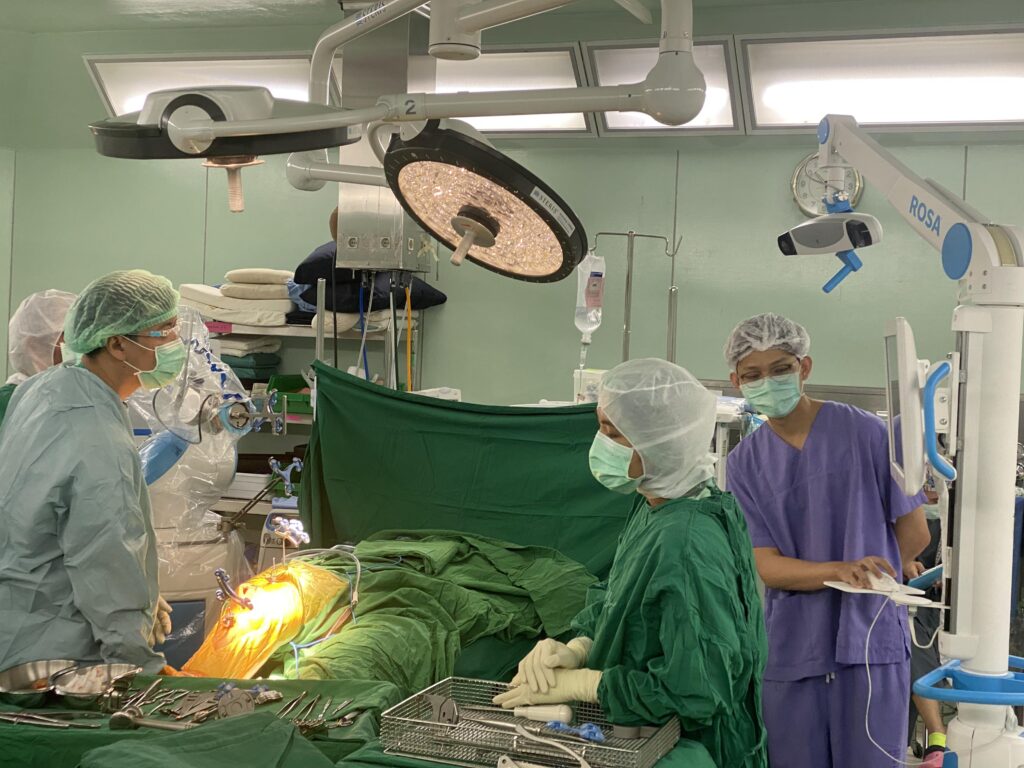
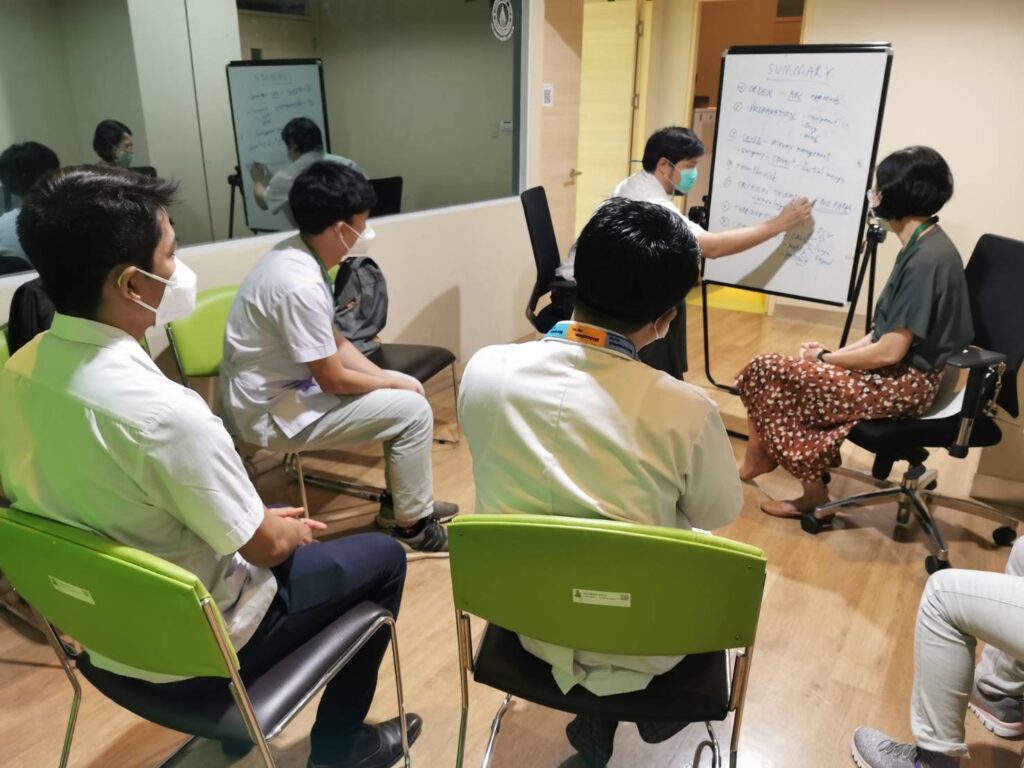
WFSA: What is an average day like on the fellowship?
Dr Hlaing: It varies – on Monday and Tuesday, there is a topic discussion or interesting case via Zoom in the morning. After, I usually get to the hospital at around 8.30am and head to my assigned operating room to review the cases for the day.
I do a case briefing and discuss the case management with my consultant in charge. Then, I begin the operation – during the case, I have the opportunity to discuss with and learn from my consultant.
On every Friday, I attend a lecture at Siriraj, Chula and Rama hospitals with other BARTC fellows.
WFSA: What are the highlights of your fellowship so far?
Dr Hlaing: I’ve really enjoyed visiting the most popular hospitals in Thailand, which has given me the opportunity to learn about different aspects of anaesthesia from a variety of consultants and professors.
I’ve also met a lot of Ajarns – a Thai word for instructor – who are experts in various sub-specialties in anaesthesia. For me, the most beneficial part of the fellowship is having the ability to access the most modernised techniques and concepts for complex cases from these instructors, and discuss and learn in-depth from them.
I have also met BARTC fellows from other Asian countries, allowing me to discuss, share and learn about health systems, clinical practise and other special cases. We have enjoyed sharing our cultures, traditions, beliefs, and practices.
WFSA: What was a stand-out case for you?
Dr Hlaing: It was a case of a 53-year-old man with a diagnosis of gangrene of the left foot for below-knee amputation. He had many underlying diseases, such as hypertension, poorly controlled diabetes mellitus, chronic kidney disease stage III, obesity (BMI = 35 kg/m2), and a high risk for general anesthesia.
Because he could not lie flat due to dyspnea and discomfort in the supine position, we could not give him spinal anesthesia for the surgery. After discussion with Ajarn, who is an expert in regional anesthesia, they decided to do ultrasound-guided peripheral nerve blocks (femoral nerve block combined with popliteal block). The patient was kept in a 30° head-up position with oxygen via nasal cannula. The operation time was one and a half hours and was uneventful.
I learned a lot from this experience, such as how to choose the most suitable type of anesthesia in very high-risk patients. I also learned how to communicate effectively with patients and other experts. This case had a profound impact on my understanding of medicine and my approach to patient care and showed me the importance of compassion, communication, and teamwork.
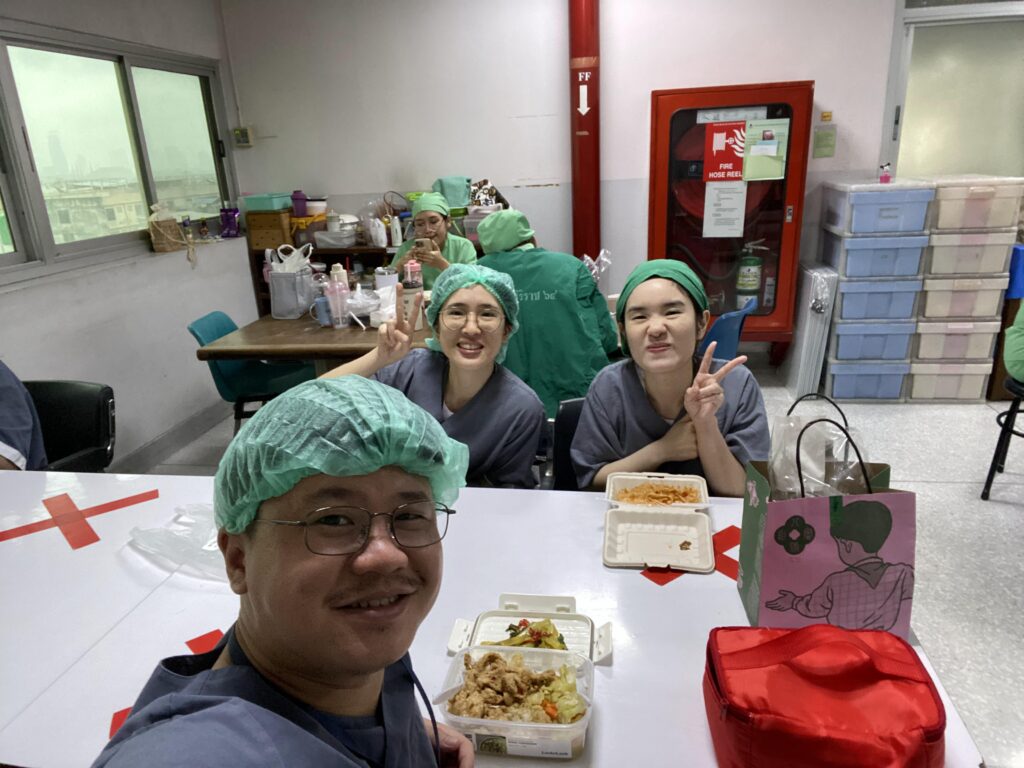
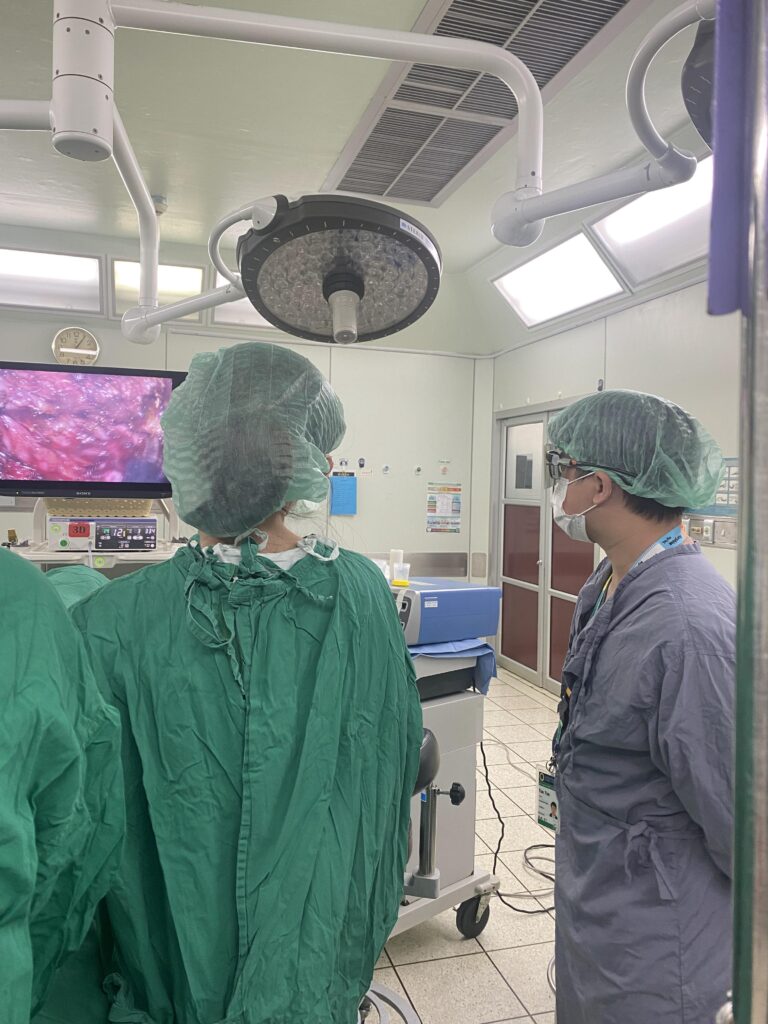
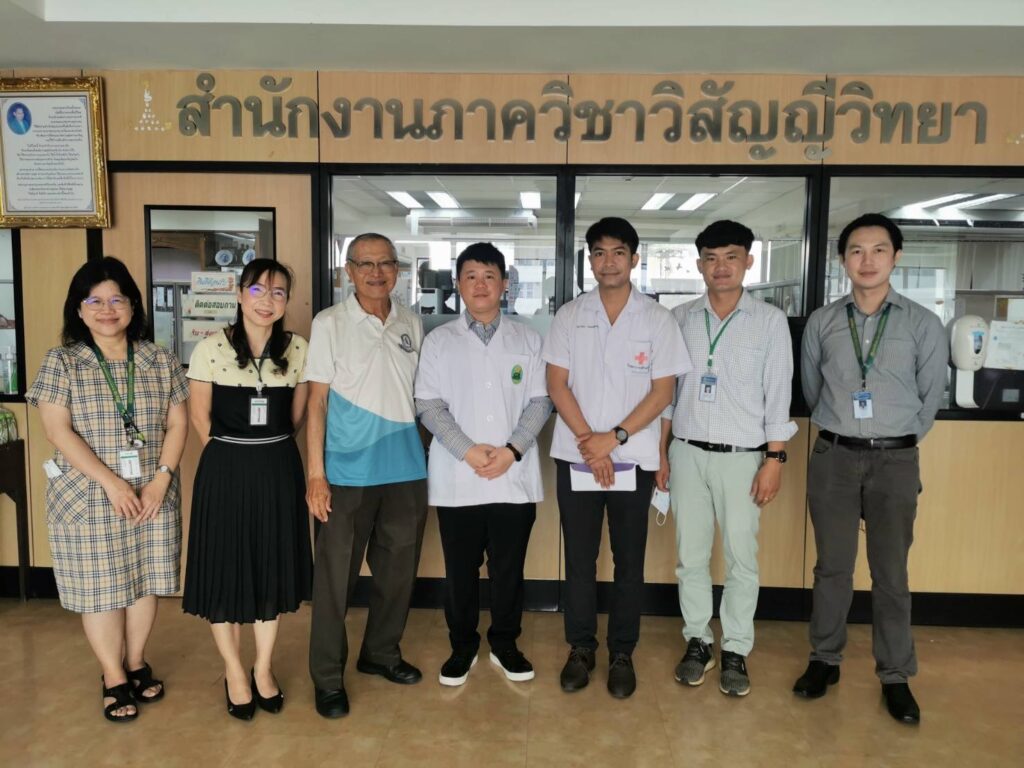
WFSA: What transferrable skills have you learned that could also be applied back home?
Dr Hlaing: I have learned lots of technical skills, but also non-technical ones that can be more effective in the health system back in Myanmar. These include the importance of patient-centred care, teamwork and respect.
When I return, I hope to share all of my experiences from this programme, both technical and non-technical with my colleagues.
WFSA: Are you enjoying living in Thailand?
Dr Hlaing: Yes! I love the welcoming and open nature of the Ajarns, colleagues, and other international fellows. They are always willing to discuss everything related to daily practice and share their culture and daily life with me.
The Thai people are very warm and friendly, both in the working environment and outside of it – and I really love the Thai food!
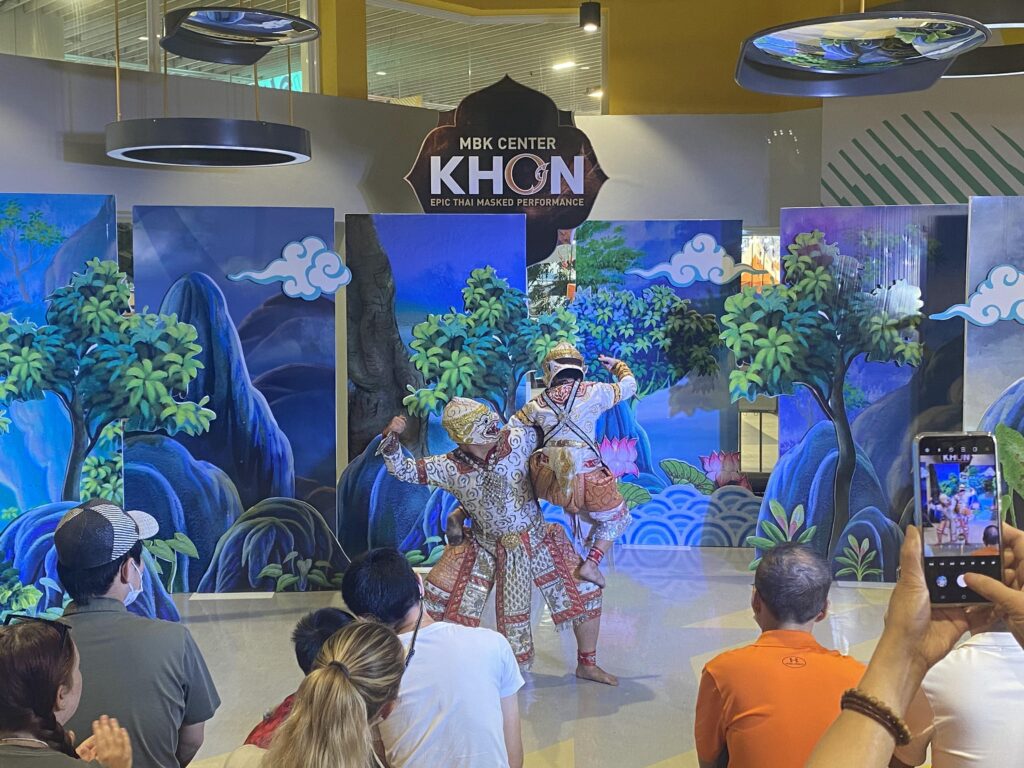
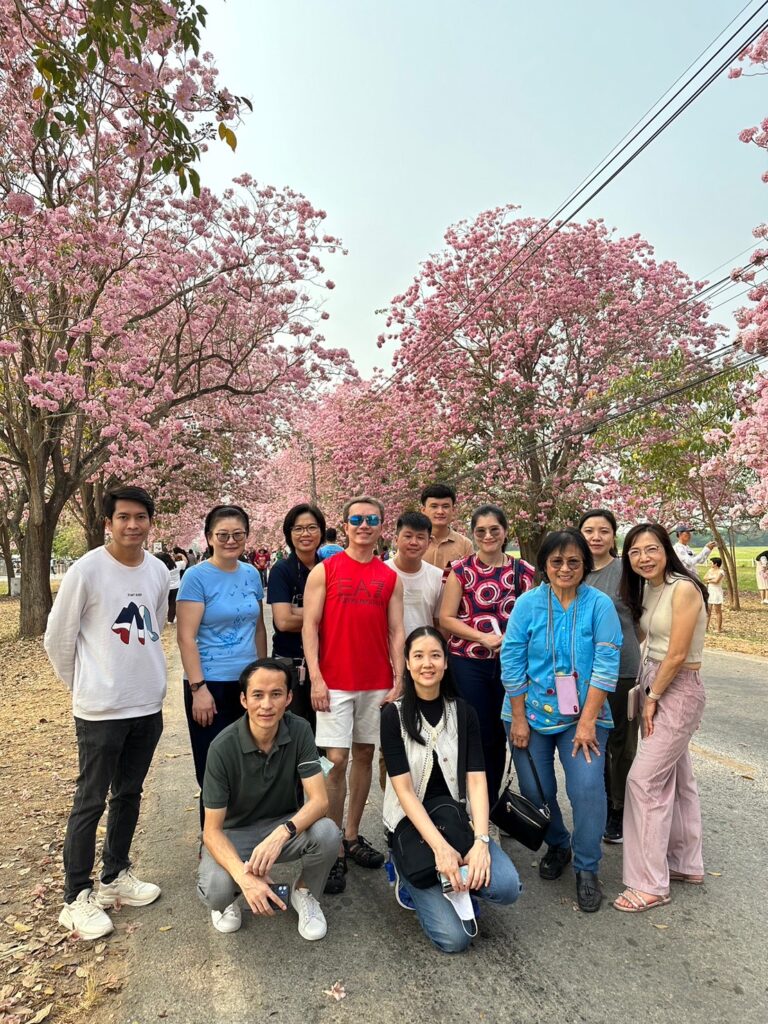
WFSA offers its Fellowships to anaesthesiologists from low and middle-income countries to increase their skillset and become leaders for anaesthesia once they return home. Upcoming WFSA fellowships and how to apply.





